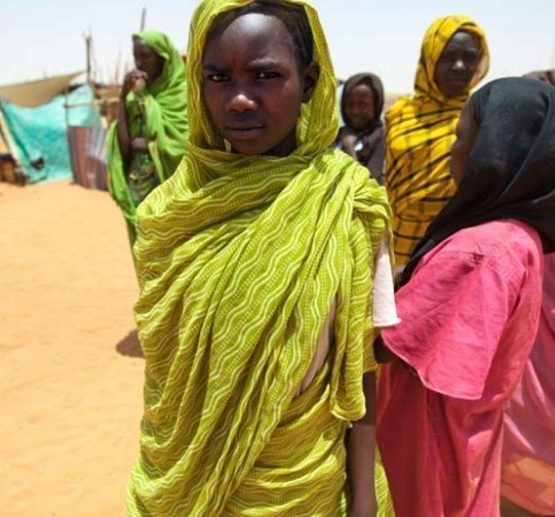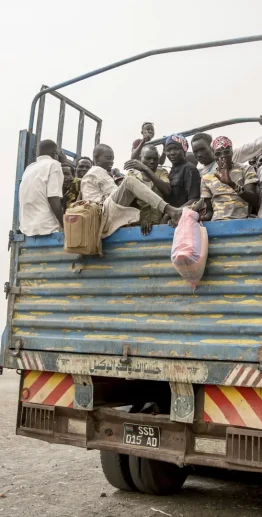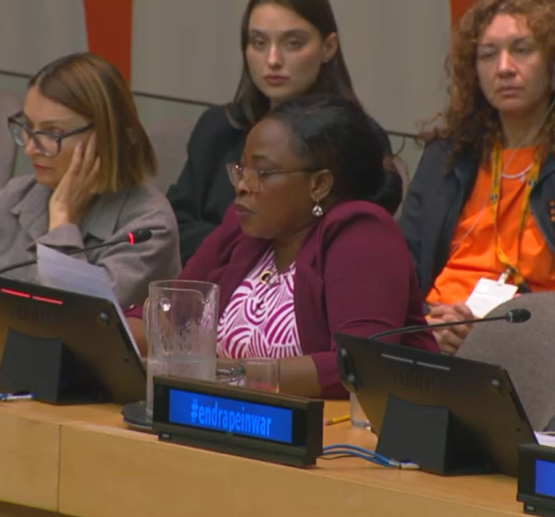Escalation of Violence in Kassala – Eastern Sudan
The Darfur Women Action Group (DWAG) would like to express our grave concern over the escalation of events that happened last week due to the appointment of Kassala’s new civilian governor, Saleh Ammar, and the multiple casualties and injuries sustained during the violence that followed. In Eastern Sudan, reports of increased property damage and displacement since the peak of the conflict are still raising concern over the situation in Kassala.
On Tuesday, August 25th, a man was killed and 17 others were injured when opponents and supporters of Ammar’s appointment clashed in Kassala. The acting governor instilled a curfew for the next three days and deployed police and security forces to the town, and Prime Minister Abdallah Hamdok ordered the “imposition of the prestige of the state and the Rule of Law” in the eastern Sudanese state. Saleh Ammar resided in Khartoum at the time and has postponed his arrival to the town due to the violence. On the next day, thousands of residents marched on the streets in support of the governor, demanding his speedy arrival to Kassala and ignoring the curfew. The demonstration continued peacefully as supporters urged the Sudanese government to allow Ammar’s return in the next 72 days.
For the next two consecutive days, violence erupted again in Kassala, leaving four dead and dozens of others wounded. Hundreds of people looted the Kassala Grand Market and set fire to shops before security forces dispersed the crowd. The violence occurred during the opposition protests in town when thousands of tribesmen marched through the Freedom Square, calling for the replacement of Ammar.
Prime Minister Hamdok formed a ministerial delegation to Kassala to assess the situation, which concluded that much of the “growing chaos” in the town was due to the slow reaction from security forces to the Kassala violence and a lack of trust between civilians and armed forces due to their history of violence. A separate delegation was sent to the town for a peaceful coexistence initiative while the curfew in Kassala has been extended and a state of emergency was declared.
However, the people in Kassala have grown weary of the violence. There has been an increase in people leaving the town and seeking refuge in neighboring areas. Shopkeepers are relocating their goods after the violence in the Grand Market, and meanwhile, activists are holding a vigil in Khartoum for the swift arrival of the new governor.
The appointment of civilian governors has been a long-standing goal of the people since the revolution, but the mass disruptions caused by Saleh Ammar’s position in office expose a deeply rooted resistance to change prevalent among various groups in Sudan, despite the agreements made about a year ago. These disruptions have now cost multiple civilian lives as clashes re-emerge once again in Sudan.
As Prime Minister Hamdok’s delegation revealed, the insistent violence in these areas is not isolated incidents but a part of a deeply political and social crisis regarding reform in Sudan. Militia, police, and other security forces have lost the trust of the people they are mandated to protect and with good reason. As frequent perpetrators of violence in Sudanese towns, groups such as the Rapid Support Forces (RSF) have not yet been held accountable for their crimes and continue to instigate violence on the streets. Not only does this endorse fear and insecurity among residents in Sudan, but it also discloses the numerous issues prevailing in the current Sudanese law enforcement and justice systems. Immediate effective action must be initiated in the state to put an end to the violence that proceeds to torment innocent Sudanese lives to this day.
Prime Minister Hamdok must learn to not only take responsibility for and acknowledge the growing number of casualties and injuries across Sudan but also to apply proper measures to ensure and enforce the protection of civilians. DWAG calls upon the Sudanese government to act swiftly in response to people’s demand regarding their choice of who should be governing their state and take effective measures to halt violence among civilians. DWAG would further urge the international community to remain vigilant to the conflicts in Sudan as UN peacekeeping forces with a Chapter (VII) seven mandate must be readily deployed to ensure the safety of Sudan as well as the accountability of militia forces. International intervention is imperative to de-escalating the violence and in preserving the lives of the Sudanese people.



